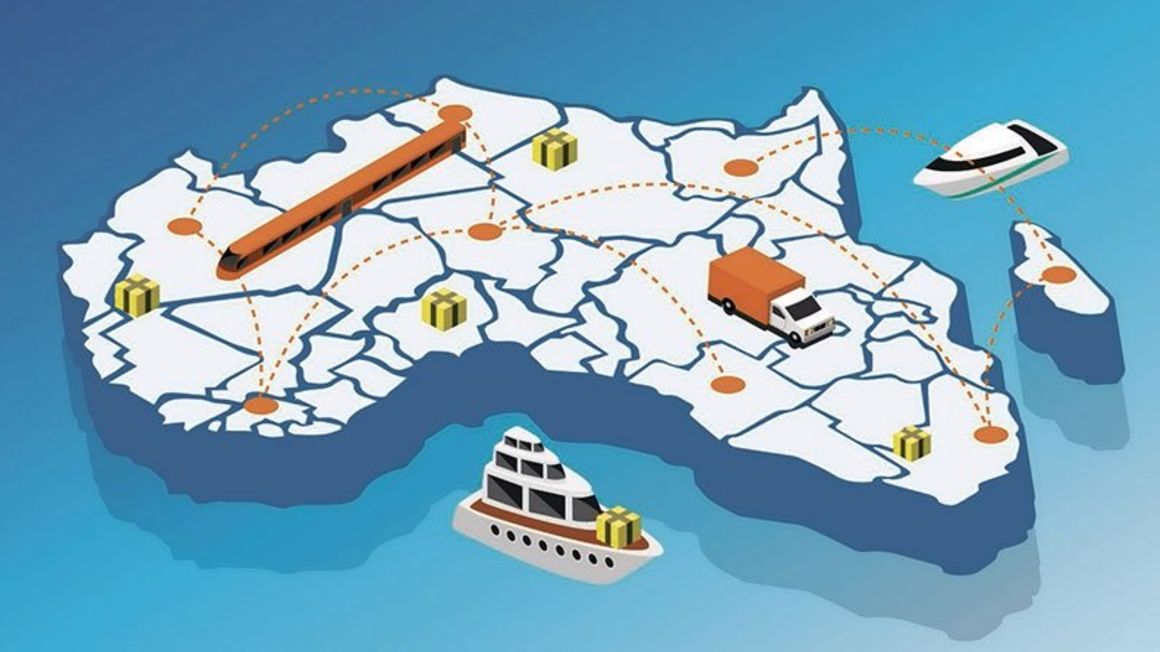
This year begins with a fresh reawakening for the African countries with lots of rejuvenated hopes that has been a mirage for centuries.
Summary
- AfCFTA objectives are in line with our founding fathers’ aspirations such as a more formidable Africa with an expanded markets for African goods and services.
- Kenya’s strategic location, aggressive youthful population, improved infrastructure, comparatively well educated and trained human resource and technological advancement could be our competitive edge in the new formation.
- According to the World Bank, Kenya is a leading sub-Saharan African (SSA) producer and exporter of services.
“Africa first” could be the new buzz word in town.
With the trading phase of the Africa Continental Free Trade Area (AfCFTA) treaty set to take effect soon — previously it was to begin on January 1— the dream of the pan-Africanists like Thomas Sankara, W.E. B Du Bois, Marcus Garvey, Kwame Nkrumah, Jomo Kenyatta and Muammar Gaddafi could soon be a reality. One unified Africa under a single market.
It is ironical that as Britain officially ends its association with the much integrated EU single market, AfCFTA is emerging.
FOUNDING FATHERS
The idea of first African Continental single market was mooted during the assembly of heads of State and government 18th ordinary session in Addis Ababa, Ethiopia, from the 29-30 January, 2012.
AfCFTA objectives are in line with our founding fathers’ aspirations such as a more formidable Africa with an expanded markets for African goods and services, unobstructed factor movements, the reallocation of resources, free movement of capital and persons, single continental customs union, promotion of economic diversification, structural transformation and technological development, enhancement of human capital, and attaining sustainable and inclusive socio-economic development.
Kenya’s strategic location, aggressive youthful population, improved infrastructure, comparatively well educated and trained human resource and technological advancement could be our competitive edge in the new formation.
According to the World Bank, Kenya is a leading sub-Saharan African (SSA) producer and exporter of services.
It is a key services provider to the East African Community (EAC), a distribution hub, a telecommunications axis, financial centre, and with well-developed service industries and an abundance of services providers.
According to the Global Competitiveness Report of 2019, Kenya was ranked the sixth most competitive in sub-Sahara.
The World Economic Forum ranked Kenya at position 95 globally as an emerging business hub.
UNCTAD notes that Kenya ranks higher than its counterparts in the region in terms of education and training, market efficiency, labour market efficiency, financial market development and business sophistication and innovation.
With all these strengths, Kenya stands a better chance of fully exploiting the potential that comes with AfCFTA.
BBI ROLE
The World Bank projects that AfCFTA agreement will create the largest free trade area in the world measured by the number of countries participating.
The pact connects 1.3 billion people across 55 countries with a combined gross domestic product (GDP) valued at US$3.4 trillion.
It notes that AfCFTA has the potential to lift 30 million people out of extreme poverty and increase real income gains by seven percent percent by 2035, or nearly US$450 billion.
Kenya has made considerable progress to bring down the political tensions, thanks to the Building Bridges Initiative (BBI).
However, the African Development Bank (AfDB) notes that despite the relative political calm witnessed recently, the security situation in Kenya continues to be fragile, exacerbated by the long, porous borders, a large number of refugees and regional instabilities, especially in Somalia, South Sudan, and the Great Lakes region.
According to Kenya’s Ethics and Anti-Corruption Commission (EACC), procurement-related graft is rampant in the country.
JUDICIAL PROCESSES
The challenges faced in the fight against corruption include lack of sufficient political will and leadership, inadequate financial capacity and budget constraints, slow judicial process and adverse court decisions, weak legal framework, the commission’s lack of powers to implement its recommendations and unethical culture in the public service.
Various reports by the EACC and other non-governmental organisations indicate that the graft czars are unable to work as intended due to their political connections and place in the society.
To gain from AfCFTA, the Kenyan government must scale up the fight against procurement graft in the public sector and enhance security internally and within the borders.




No comments :
Post a Comment